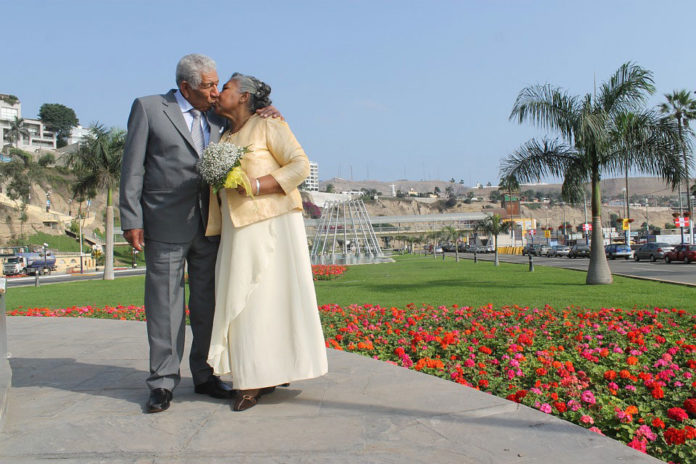We can’t survive without love, because love is nested in the need for closeness that is wired into the deep structure of the human psyche.
Although, there’s no convenient all-inclusive explanation for why people fall in love. But there are various factors that include similar interests, physical attraction, and shared values among them.
According to a study by the Yale University scientists, if they marry and stay together, their long-term happiness may depend on their individual genes or those of their spouse.
In other words, the study suggests that how we feel in our close relationships is influenced by more than just our shared experiences with our partners over time.”
For the study, scientists studied 178 married couples ranging in age from 37 to 90 years old. Every member finished a survey about their sentiments of marital security and satisfaction and furthermore gave a saliva sample to genotyping.
The research team found that when at least one partner had a genetic variation known as the GG genotype within the oxytocin gene receptor, the couple reported significantly greater marital satisfaction and feelings of security within their marriage. Those couples had greater satisfaction compared with other couples who had different genotypes.
While the oxytocin receptor variant, OXTR rs53576, has been previously studied and linked to personality traits such as emotional stability, empathy, and sociability. But this is the first study to examine its role in marital satisfaction.
Lead author Joan Monin, associate professor at the Yale School of Public Health said, “In marriage, people are also influenced by their own and their partner’s genetic predispositions. The researchers also found that people with the GG genotype reported less anxious attachment in their marriage, which also benefitted their relationship.”
“Anxious attachment is a style of relationship insecurity that develops from past experiences with close family members and partners over the life course, and is associated with diminished self-worth, high rejection sensitivity, and approval-seeking behavior.”
Scientists noted, “An individual’s GG genotype and their partner’s GG genotype together account for about 4% of the variance of marital satisfaction. Although this percentage is small, it is a significant influence considering other genetic and environmental factors to which couples are exposed.”
Monin said, “The study findings may lead to future studies to examine how couples’ genotypes interact to influence relationship outcomes over time. Another important future direction for a study will be to examine how the OXTR rs53576 variant interacts with specific negative and positive relationship experiences to influence relationship quality over time in a large representative sample of married couples.”
The study is published in the journal PLOS One.
